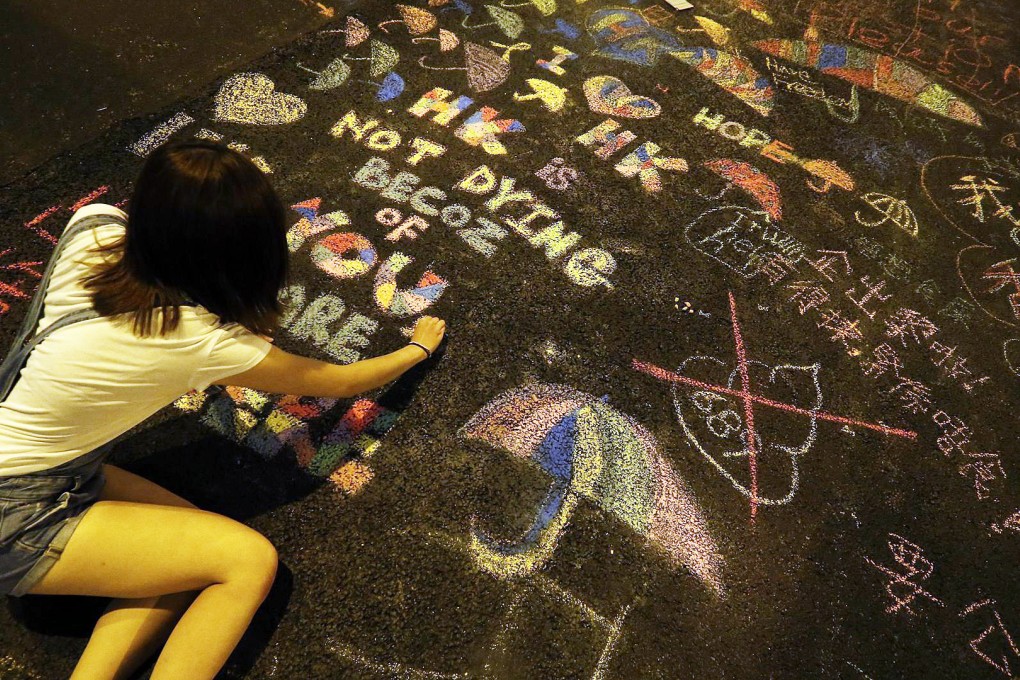Will practical realism once again guide Hong Kong?
Andrew Sheng says the silent majority in politically polarised Hong Kong cannot remain quiet any longer - real choices have to be made now so we can move forward

Society is deeply polarised. We see this in every opinion poll where the majority of the population is almost equally divided between those who favour the status quo and those who want to change it. Then there's the radical minority, whose views inevitably shape public opinion, and the people who are both undecided and confused at the same time.
The deep divide is actually a generational split. Henry Kissinger touched on this gap in his book World Order. He sees this as the age of technology that has upturned the foundations of social order through its disrupting speed and scale of change.
The older generation naturally wants to keep power and order, changing things only incrementally. The young, who have little to fear and even less to lose, have everything to gain from radical change and disorder. We see this demand for change from radicals fighting in the Middle East to students in Hong Kong's Occupy movement.
Polarisation is not just due to income and wealth inequality. Narrowing these gaps will go a long way to swinging the silent majority towards supporting the status quo, but it will not change completely those who feel strongly that their fundamentals are absolute and cannot be changed.
Kissinger sees very clearly the implications of cyber-technology on social order. Information and processing power are advancing at a bewildering speed. The older generation is still reading and processing information on paper, whereas the young are downloading it on their smartphones. The old think history and memory are important; the young are wired to instant info and partial truths. Kissinger summed it up beautifully: "In the internet age, world order has often been equated with the proposition that if people have the ability to freely know and exchange the world's information, the natural human drive toward freedom will take root and fulfil itself, and history will run on autopilot, as it were."
But the world is not run on autopilot. Order can be disrupted either by contests within a multipolar world or by seemingly random events. Hong Kong society has become polarised because the young seized the moment in Occupy Central. Thirty years ago, the young could hope for good jobs when they graduated. Today, unemployment stares them in the face as jobs go to the best and brightest. With high rents, even noodle stalls and IT start-ups have become out of reach unless you have rich relatives to fund you. Few of the young can afford to buy an apartment. So the defence against such loaded odds is the absolute belief in Hong Kong's real strengths - democracy and the rule of law.